12 Tips for Router-Table Safety
Review the essential dos and don'ts of router-table use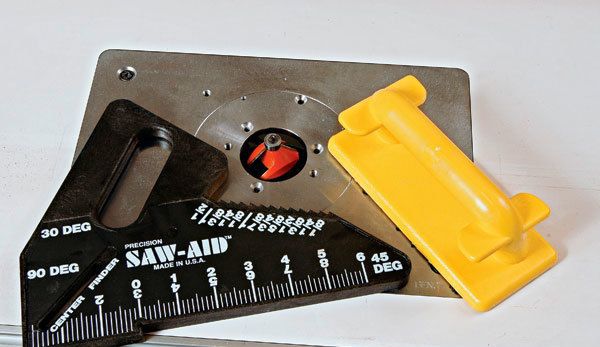
Although most router bits are small, routers and bits deserve your attention and respect. As with all power tools, you can enjoy them safely by following these safety guidelines, excerpted from Taunton’s Complete Illustrated Guide to Routers.
1. Use push blocks to position your hands a safe distance from the bit.
2. Large-diameter bits are for use only in a router table. Using bits over 1 in. dia. in a handheld router can easily cause you to lose control of the tool.
3. Always wear eye and hearing protection.
4. Take light cuts. Heavy cuts invite kickback. If necessary, move the fence closer to the bit or switch to a larger guide bearing.
5. Use a featherboard to support the workpiece against the router table or fence.
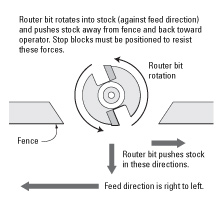 6. Never climb-cut. Always feed the stock from right to left. (see illustration at right)
6. Never climb-cut. Always feed the stock from right to left. (see illustration at right)
7. Avoid shaping small stock. Instead, shape a larger piece and reduce it in size afterwards. If you must shape a small piece, build an appropriate jig or secure the work within the jaws of a wooden handscrew clamp.
8. Always use a guard. If the fence didn’t come with a guard, purchase an aftermarket guard or devise one of your own.
9. Never start the router with the bit in contact with the stock.
10. Don’t force the bit or overload the router.
11. Secure the motor in the base before starting the router.
12. Don’t bottom out the bit in the collet or partially insert the bit. Instead, completely insert the bit, and then back off approximately 1/16 in.
Browse more articles by Lonnie Bird, or visit him online at www.lonniebird.com.
|
Taunton’s Complete Illustrated Guide to Routers
|
Fine Woodworking Recommended Products
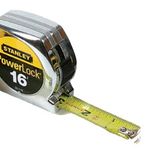
Stanley Powerlock 16-ft. tape measure
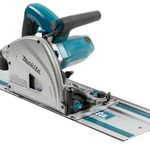
Makita SP6000J1 Track Saw
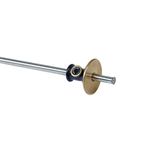
Veritas Standard Wheel Marking Gauge

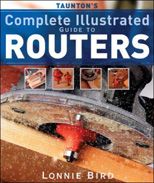




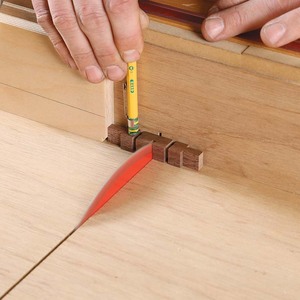
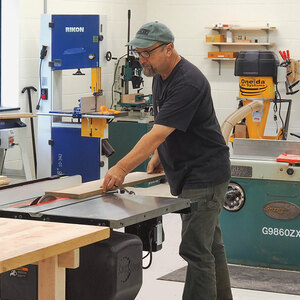




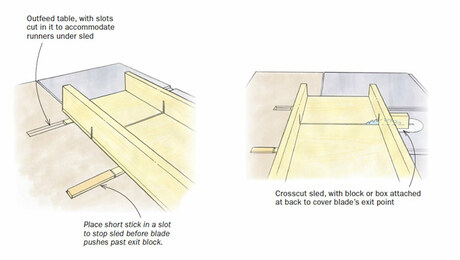
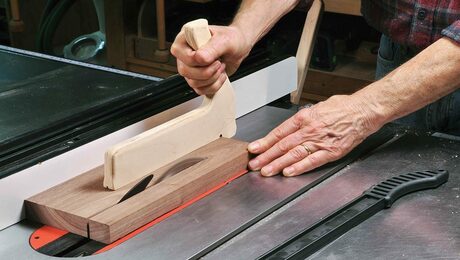
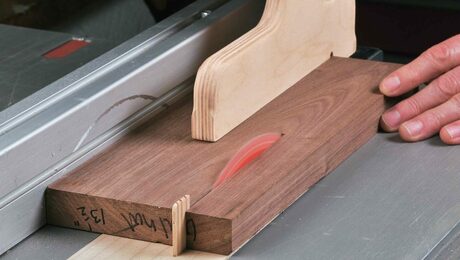









Comments
I know this is an old post, but I wanted to comment and say thanks for the great router table safety tips. It really is crucial to keep these points in mind to prevent accidents; I know I've had several close calls before. I also think it's good to have a thorough understanding of how wood routers work and what they can do; to that end, I've been looking for other help online and I found this post (https://carveyourcreation.com/what-does-a-wood-router-do) - it talks about wood routers and offers some purchasing advice as well. I hope you don't mind me sharing the link here as I think your readers might find it helpful. Thanks again for the important safety tips.
An old trick is to drop a space ball in the collet and take the bit down against the space ball. This seems to be a good way to ensure a tightly held bit. There is nothing worse that a bit flying out at 12,000 rpm or more!
Log in or create an account to post a comment.
Sign up Log in